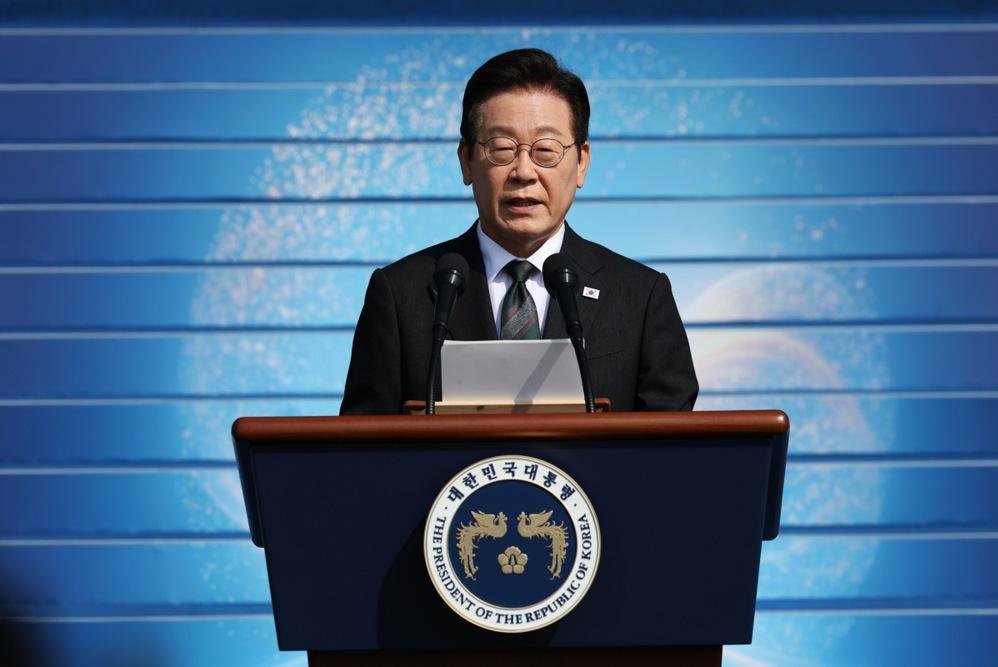“While it used to be possible to obtain machine tools with an accuracy of 3-4 microns, it’s no longer possible. A special export license is required.” He noted that the limitations were an indication of Beijing’s hesitation to forge partnerships with Russian companies.
This development coincides with fresh data revealing a broader decrease in commerce between China and Russia, delivering another blow to the Kremlin.
China has emerged as one of Russia‘s most crucial economic and political allies since the implementation of Western sanctions following Putin’s full-scale invasion of Ukraine in 2022. Last year, the total value of imports and exports between the two countries amounted to US$244.8 billion.
China’s President has continually highlighted the strong relationship between the two nations, declaring they “have consistently moved forward hand-in-hand along the correct path of non-alignment.” Both leaders have also declared a “no limits” partnership on numerous occasions.
Despite these proclamations of everlasting friendship and cooperation, figures from China’s Customs agency reveal a distinct decline in trade relations.
Deliveries of Chinese products to the Russian marketplace dropped by 16.4% year-on-year in August. This represents twice the 8.6% decrease observed in July.
In total, commercial exchange between the two nations declined by nearly 9% during the initial eight months of 2025, reaching 1.03 trillion yuan (roughly US$145 billion).
Russian shipments to China decreased by 8.8%, while Chinese deliveries to Russia dropped by 8.2%.
Analysts at the Gaidar Institute also highlighted that China has scaled back its acquisitions of practically all categories of Russian raw materials, including oil.


